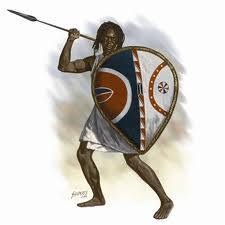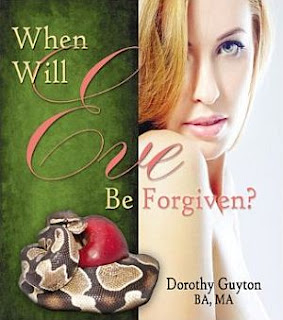Here they are and I run track. I plan to go to the 2016 Olympics, I saw you needed athletes as well.
My name is Amandji Goito
1. What was the initial reaction/response of family/friends/ co-workers to your hair style choice?
Most of my friends and family didn't care but my father to this day still hates them.
2. Are you in a career that is friendly to your hair style choice?
I work in retail so as long as I remain friendly and keep them neat there is usually no problem.
3. Did you notice a boost in confidence or other personal changes once you decided
to wear dreadlocks?
Once they started to get longer, I liked when they would swing.
4. What do you like or dislike about dreadlocks?
I love everything about Dreadlocks EXCEPT THE RE TWIST. That is the biggest pain of them all.
5. What state are you from and is there a large population of dread wearers there?
I'm from Mount Rainier, Maryland in PG County. PG County is highly influenced by D.C. and to most people around here it is more of a fad then a life style. I think we might have the largest population of dread wearers too.
6. Do you believe dreadlocks add to the masculinity of the black male or does it box him in to more
stereotypes?
I believe that masculinity doesn't really play apart with Dreadlocks, but the stereotypes are ridiculous. Everyone thinks I smoke or I'm a thug but it hasn't caused me to even think about cutting them.
7. When did you decided to go natural/dreadlock?
As soon as I graduated high school and I wasn't be living with my father anymore.
8. Do you view wearing dreadlocks as a larger tie to the African American culture?
I do especially in the case of African American females. It shows that you are proud of what your natural hair can do and it is unique to our race.
Now you would think this conversation was between two young boys, maybe in high school, discussing the girls they’ve seen. Nope, not at all. These were two college-educated Black men who have traveled the world, and if you saw their resumes on paper they would seem like “great catches.”
Being friends with males always gives me a chance to eavesdrop on such honest conversations. Oh, the perks! Usually I dismiss half of the foolishness that is said, but for some reason this remark lingered in my mind. After that comment, I started to realize that more and more men and media have a thing about the exotic look. Even in media, and on red carpets, the majority of women who are dubbed as “Beautiful” are racially ambiguous.
Now, I understand that in today’s day and age we are all mixed with different cultures and ethnicity backgrounds. For example, my father is Nigerian and my mother is Black from the States (with a mix of ethnicities going back generations). So I know that the term “Black” incorporates a wide variety of cultures. But it is extremely interesting when I see in the media that when Black is mixed with Brazilian, Asian, or Indian, it is instantly termed “exotic,” which a lot of times equals instant beauty. This is not only in the media. Often men will first describe a woman by pointing out her cultural background, if it’s a mixture.
All women of color are truly beautiful. Having different traits, figures, and personalities is certainly empowering—but is only a specific part of the beauty of women of color being appreciated? Media shows us a slew of racially ambiguous women in the section for Black hair care, on magazine covers, in ads, and on the right arms of numerous men in the entertainment industry.
It’s funny. Even when I was a young girl, if a Black girl was asked what ethnicity she was, she would quickly name off five different other races. My personal fave was when a girl grabbed her hair and remarked, “Well, technically, I have Indian in my family.”
This is not to dismiss or diss any woman coming from mixed cultures, or another country. The reason why women of color are so fly is that we come in so many different shades. It just seems that more and more, in lyrics and the media, I’m beginning to hear and see the description of a woman’s race being called out to prove how fine she is. As my male friends were talking, I realized that they did not state anything about her face, body or personality—just strictly her mixed ethnicity and she received instant beauty approval. If my friend had said the woman was simply Black would his friend have pulled out the stamp of approval so easily?
I have to say that I’m happy to see that more women of color are getting shine, but is the spotlight specifically skipping over Black women?
-Ellisa Oyew


.JPG)



.JPG)
.JPG)
.JPG)



















